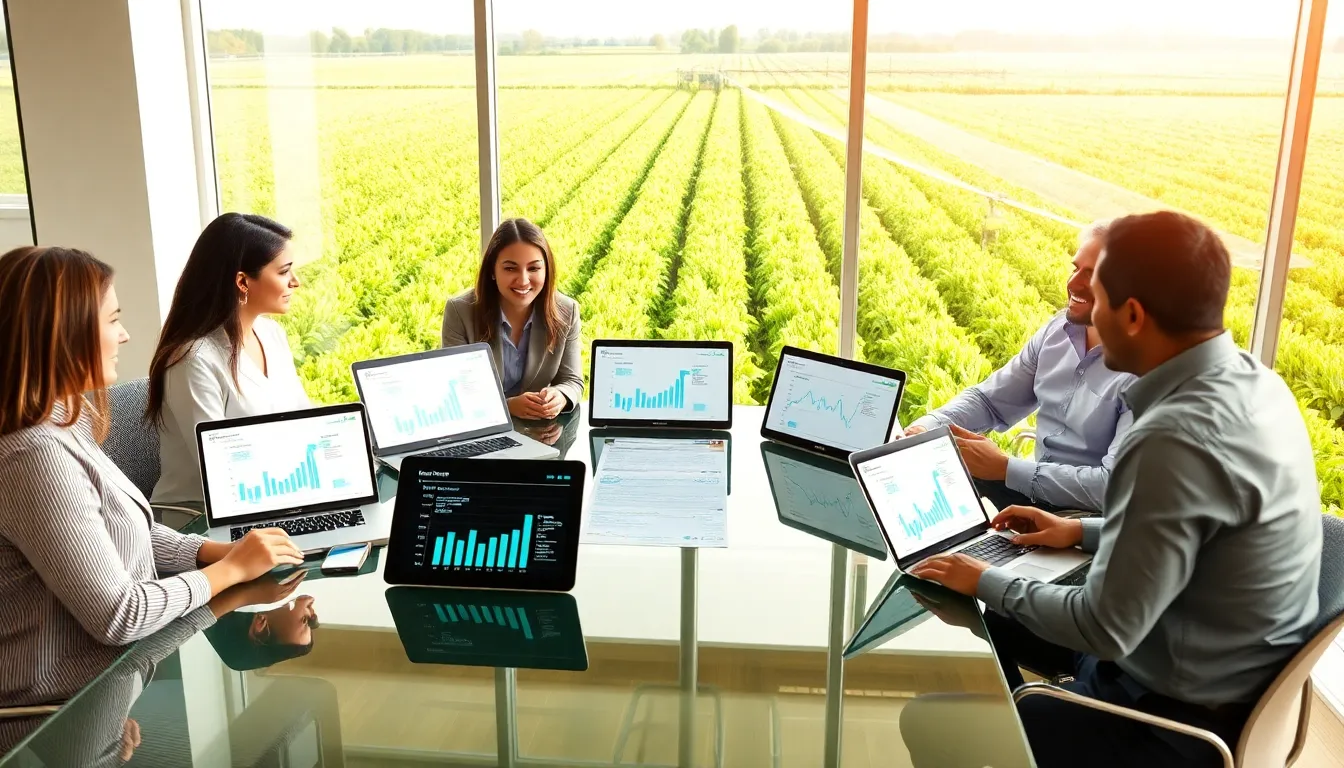Imagine a world where your garden waters itself while you lounge in a hammock, sipping lemonade, and enjoying the fruits of its labor, or, more realistically, the fruits of your smart irrigation system. Sounds dreamy, right? In a time when conserving water is more crucial than ever, smart irrigation systems are coming to the rescue with the efficiency of a superhero. Let’s jump into how these high-tech setups are redefining water management in our backyards and beyond.
The Importance Of Smart Irrigation

Water scarcity is no longer a distant concern: it’s knocking at our doors. Traditional irrigation methods can be wasteful, often leading to excessive water use and poor crop yields. Smart irrigation systems address these pitfalls by using advanced technologies to optimize water usage. They help ensure that plants receive the right amount of water at the right time, which is not just a comfort for your garden but vital for sustainable resource management. In a nutshell, smart irrigation is more than a convenient option: it’s a game changer in combating water waste and maximizing agricultural output.
Benefits Of Smart Irrigation Systems
Adopting smart irrigation systems brings a plethora of advantages:
- Water Conservation: These systems can reduce water usage by up to 50%, making them a responsible choice for eco-conscious property owners.
- Time Efficiency: Automated scheduling eliminates the need for manual watering, freeing up time for more enjoyable endeavors like gardening or napping.
- Cost Savings: Lower water bills can significantly elevate the financial health of both residential and commercial properties.
- Optimized Plant Health: Smart systems monitor soil moisture levels, ensuring that plants are neither overwatered nor under-watered. This precision prolongs the life span of vegetation and enhances overall soil health.
Types Of Smart Irrigation Technologies
There are various forms of smart irrigation technologies available today:
Drip Irrigation Systems
Designed to deliver water directly to the plant’s roots, this method minimizes evaporation and runoff, ensuring the maximum use of water.
Sprinkler Systems
Equipped with sensors to monitor weather conditions and soil moisture, these systems adjust watering schedules accordingly.
Rain Sensors
These nifty gadgets prevent irrigation systems from running during rainstorms, which is as practical as showing up with sunscreen on a cloudy day.
Soil Moisture Sensors
They provide real-time data about soil conditions, helping you know exactly when to water. It’s like having a personal assistant dedicated to your garden.
Implementing Smart Irrigation In Your Property
Getting started with smart irrigation might sound daunting, but it’s quite straightforward:
- Assess Your Needs: Consider the size of your garden, the types of plants you have, and local weather patterns.
- Choose the Right System: Depending on your requirements, you may prefer a drip system for delicate plants or sprinkler systems for larger areas.
- Consult Professionals: Sometimes, seeking expert advice is the best course of action. Professionals can ensure that your system is scaled properly and effectively installed.
- Regular Maintenance: Like any tech, smart irrigation systems need a bit of TLC. Regular checks will keep them operating efficiently and extend their lifespan.
Challenges And Considerations
While smart irrigation comes with numerous benefits, it’s not without its challenges:
- Initial Cost: The upfront investment can be considerable, which may deter potential users.
- Technical Know-How: Navigating these systems can be complex. Comfort with technology is an asset here, or you might prefer to call in an expert.
- Dependence on Technology: What happens when technology fails? It’s essential to have a backup plan in place, whether it’s regular manual watering or redundant systems.
The Future Of Smart Irrigation
As technology advances, the future of smart irrigation looks bright:
- Integration with Smart Home Systems: Imagine controlling your irrigation system remotely via your smartphone or an AI assistant. Convenient, right?
- Data-Driven Decisions: Future systems will use big data to analyze weather patterns, plant health, and soil conditions, leading to even more refined water management.
- Sustainable Practices: As awareness about water conservation grows, smart irrigation will likely become a staple in both residential and commercial landscapes.
